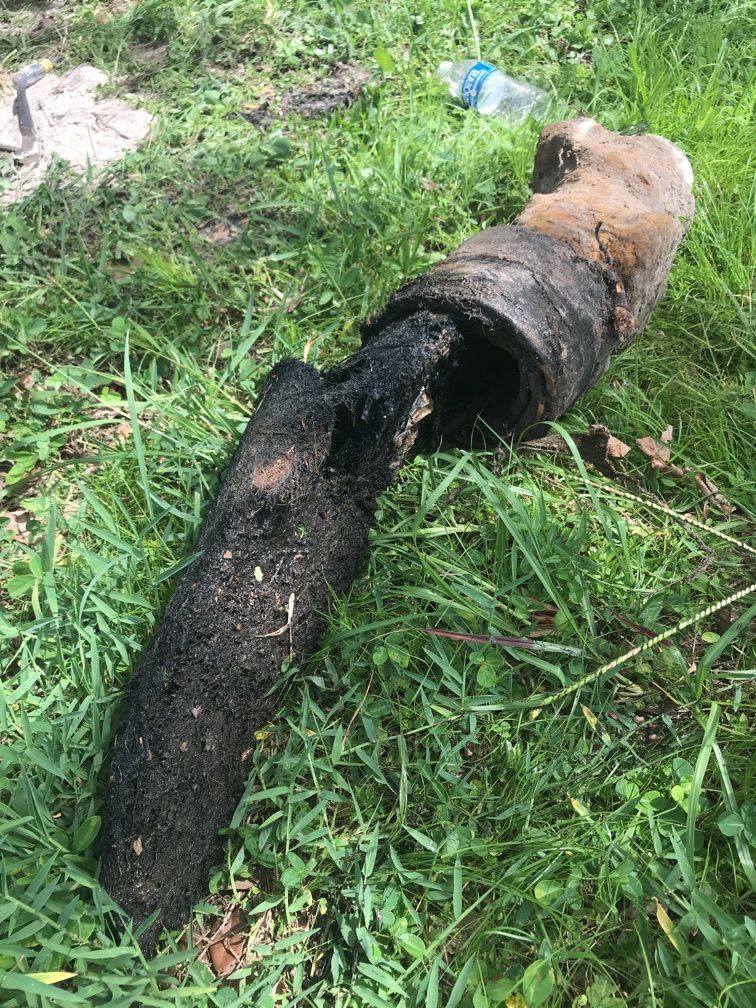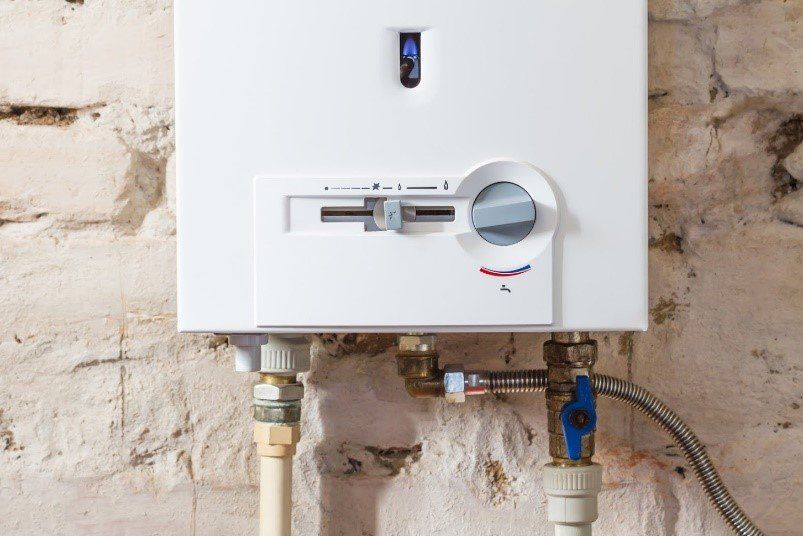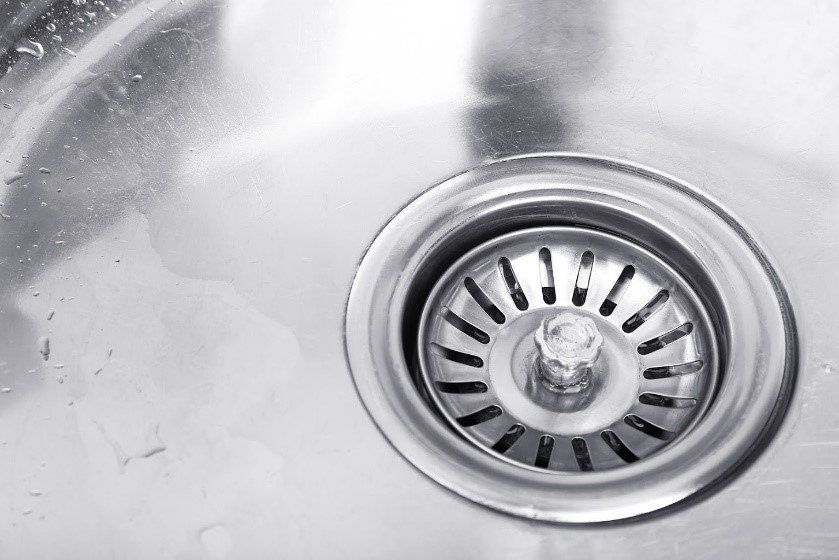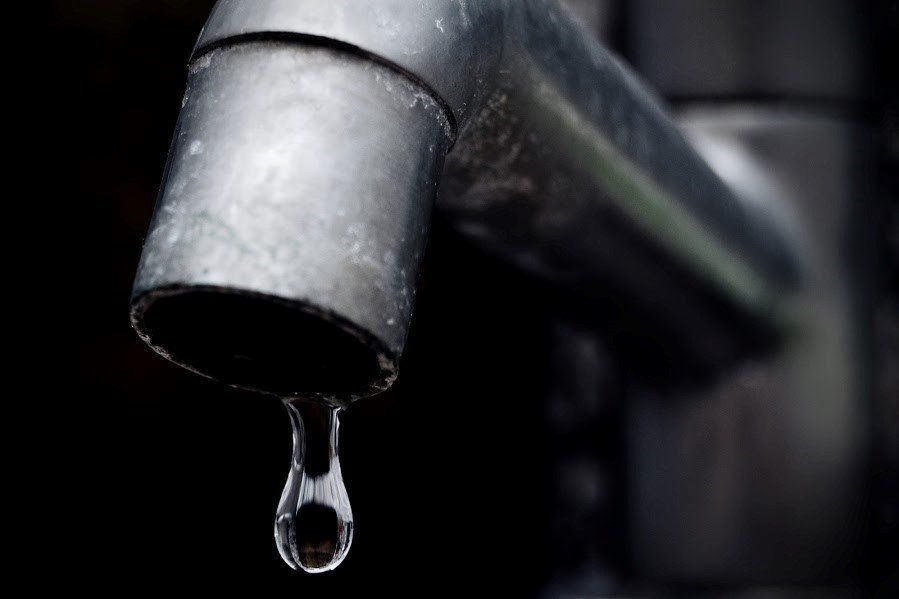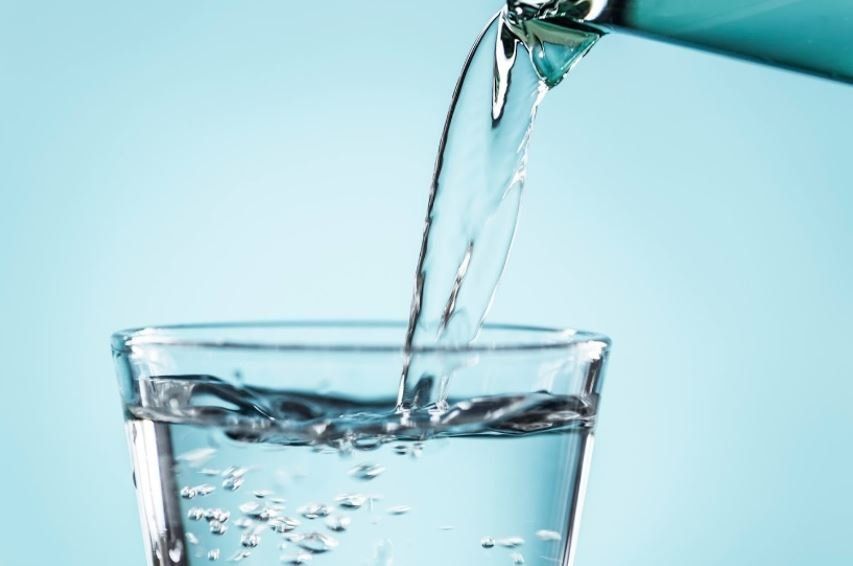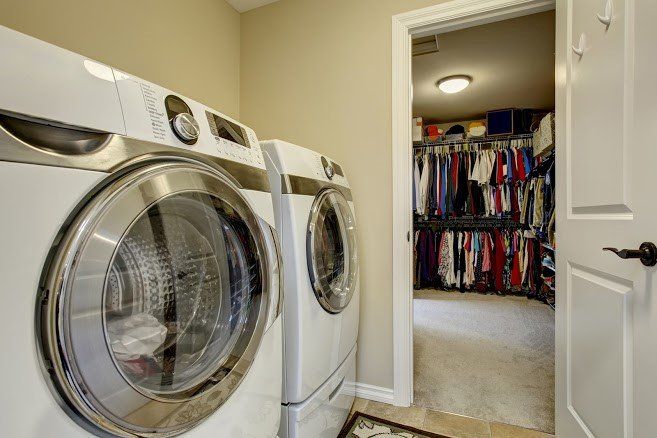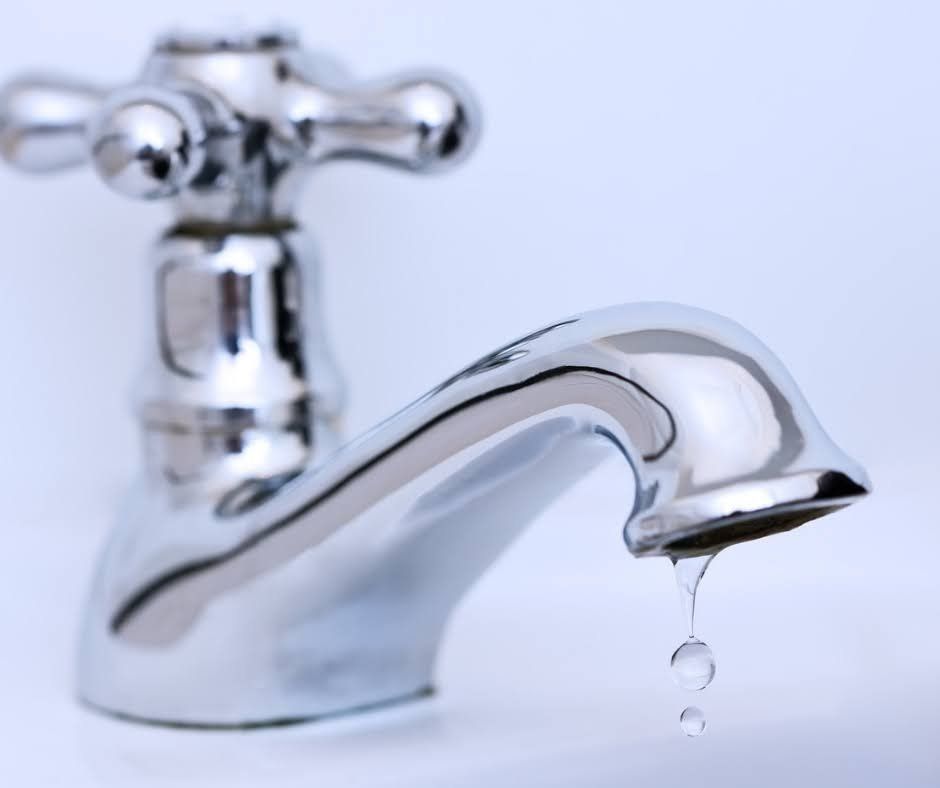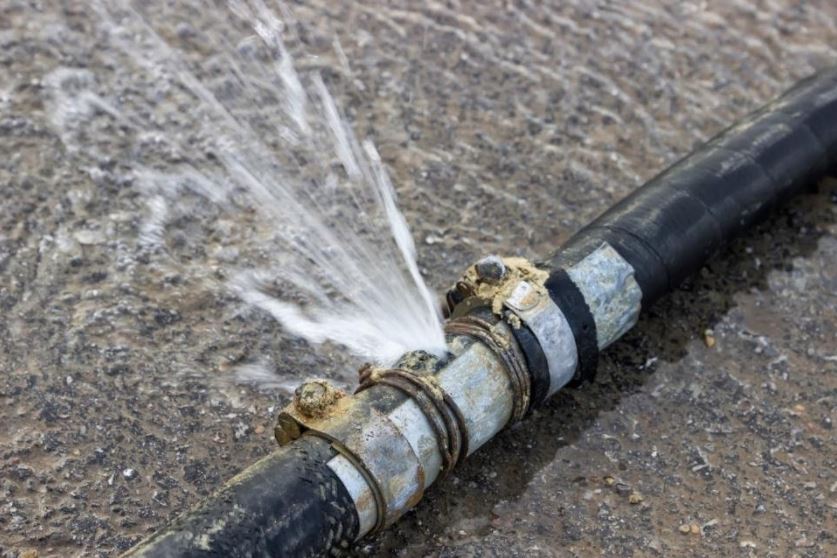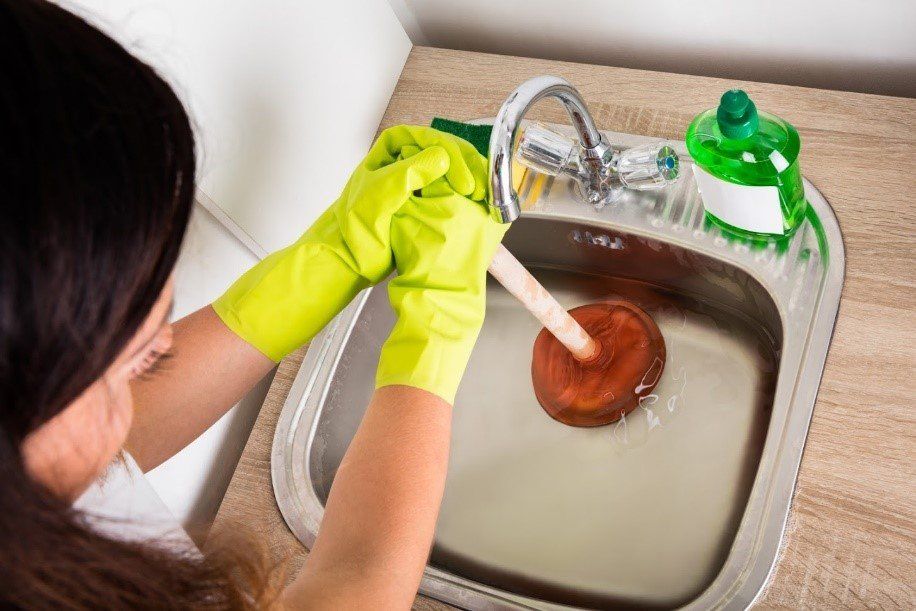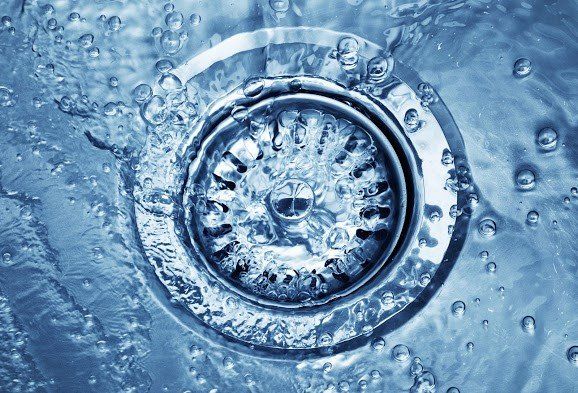Common Problems With Tankless Water Heaters
Tankless water heaters are efficient and easy to maintain, but they are still susceptible to some problems. Below are some of the common problems with these systems.
Restricted Energy Supply
The water heater won't turn on if its energy supply is off. For an electric water heater, the electrical supply might be off because:
- The circuit breaker has tripped
- The electrical system has a short circuit
- The ignition system, such as the electrode, has malfunctioned
For a gas system, here are some things that might restrict gas flow:
- Improper gas pressure (for example, due to incorrect setting)
- A closed gas valve
- Gas supply interruption to the house
Call a plumber if you can't spot or solve the problem.
Mineral Buildup
The water supply to your house contains some dissolved minerals. Every time you use the water heater, some of the minerals remain and accumulate in the heating system. Over time, the accumulated minerals can discolor your hot water and give it a bad odor. Extreme mineral buildup can also damage the heat exchanger.
Flush the water heater regularly to get rid of the mineral buildup. The degree of mineral buildup depends on the water temperature and amount of minerals dissolved in the water. More minerals and higher temperatures call for more frequent flushing.
Vent or Exhaust Blockage
Unless you have an electric water heater, the system will require fresh air for combustion and a venting system for the exhaust. A blockage on the air supply or exhaust system spells problems for your water heater.
Blocked air supply can cause ignition or combustion problems. A blocked vent can cause overheating, chock the heating system, and foul up your indoor air. In both cases, the solution is to unblock the system.
Overload
Your water heater has a specific capacity, and you overload it if you try to heat more water than the system can handle. You can overload the water heater if you operate multiple hot water systems or open multiple hot water faucets simultaneously. Overloading the system is bad because:
- You won't have adequate hot water
- The system can overwork and overheat
- The system can shut down
Understand your water heater capacity so that you don't overload it. Try to limit the number of hot water that flows out of the system at any time. Upgrade your water heater's capacity if you need more hot water, for example, if you renovate the house and install more hot water appliances.
Corrosion
Tankless water heaters don't easily corrode because they don't heat water all the time – but they can still corrode. For example, condensation around the gas burner can corrode it, and a corroded gas burner can suffer blockage or leakage. The heat exchanger can also corrode and cause the system to overheat.
The first step is to remove the corrosion. Replace the affected part, such as the burner, if the corrosion has already caused serious damage. Extreme corrosion in an aging system might call for the water heater's replacement.
Overheating
Lastly, overheating is also bad for your tankless water heater. Overheating can occur if:
- You overuse the system
- You set the water temperature too high
- A malfunction restricts water supply to the system
- Temperature sensors malfunction
- Something blocks the air
The solution depends on the cause of overheating. Note that prolonged overheating can cause catastrophic damage to the water heater.
For most of these problems, you can repair your water heater and continue to use it. Water heater replacement is only necessary in extreme cases. Scotto's Plumbing has over 40 years of experience in the plumbing industry. Contact us today about your water heater problem, and we will be glad to solve it so that you can continue to get hot water in the house.
